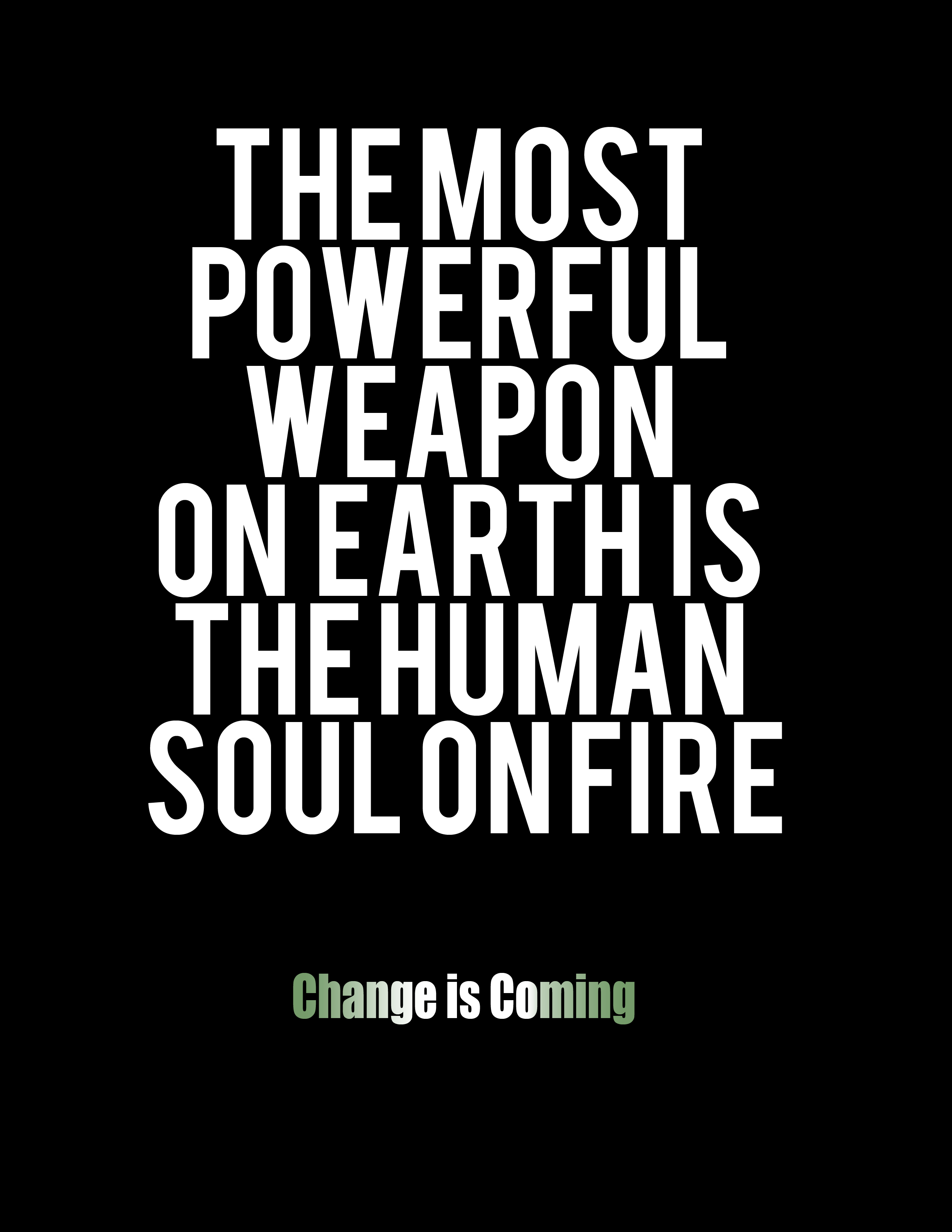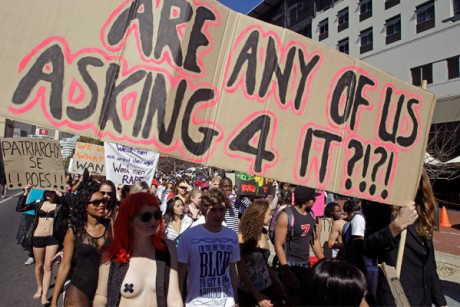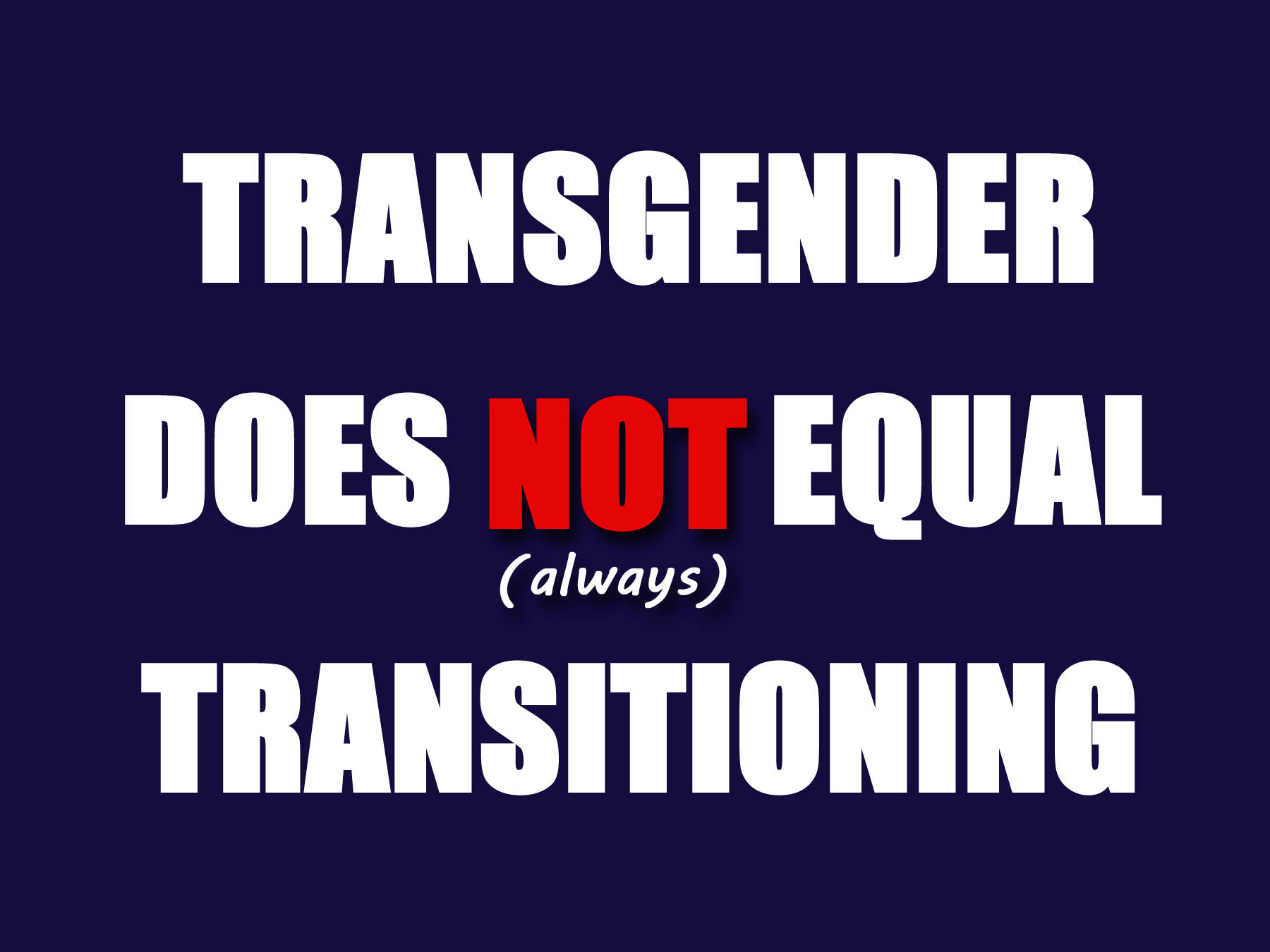My mother calls me an exhibitionist, but it's for this reason that I publish so much on the web -- when I'm long gone, I won't have anyone speaking for me, including suggesting that I wasn't always a protesting food justice advocate.
-
-
Open Letter to LGBT Nigerians and Diaspora: Stand Fast, Change is Coming
They are afraid, of our voices, of our power, of our resiliency. They are afraid of a younger generation of citizens, activists, and diaspora, and our collective belief in a more progressive Nigeria. They are afraid of our growing influence as we gather allies not just from the west, but…
-
Not Your Ordinary Thanksgiving: Reflections on Nigeria’s Anti-LGBT Bill (from a Gay Nigerian)
Today, as I await the news of Nigeria's latest anti-LGBT bill, I feel like an abandoned child who belongs nowhere -- it has nothing to do with not having a place to eat Turkey.
-
PSA For Transgender Awareness Week: Transgender Doesn’t (Always) Equal Transitioning
About a month ago, I wrote a write on my tumblr account in response to numerous inquiries from people right after I disclosed that I was gradually accepting a shift in my gender identity (i.e. feeling way more masculine than I do feminine) about when I would be transitioning. Na…
-
For Suicide Prevention Day, I am Calling for A Self-Care Revolution
In the US, suicide takes the lives of over 30,000 people each year. For young people 15-24 years old, suicide is the third leading cause of death. The strongest risk factor for suicide is depression. There are twice as many deaths due to suicide as there are for HIV/AIDS. And…



